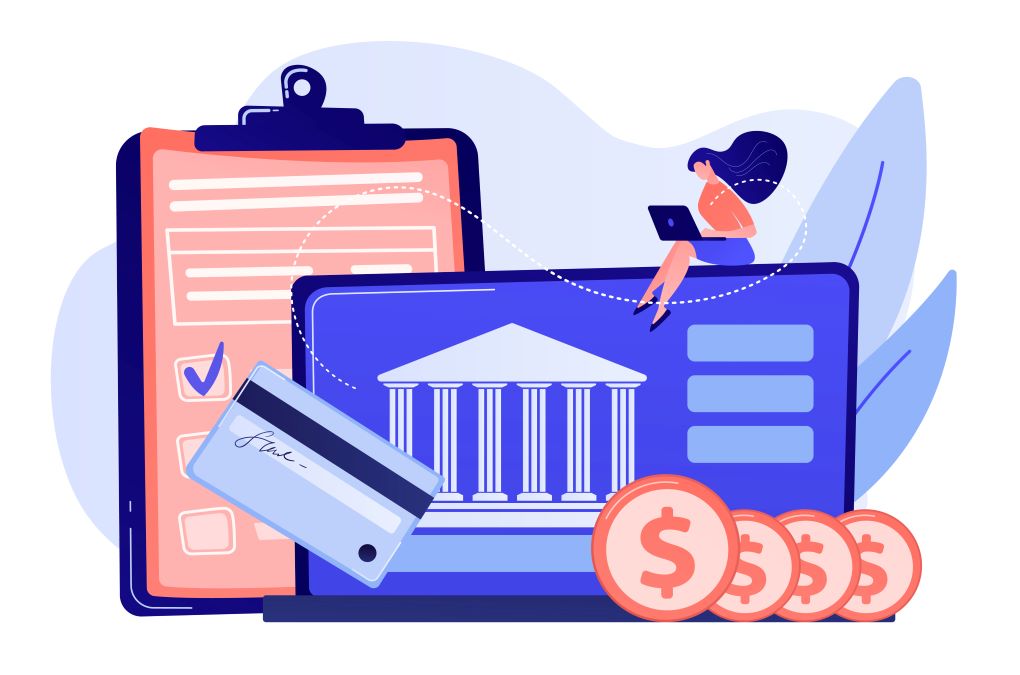Government policies shape the economic landscape in which individuals earn, spend, save, and invest. From tax laws to monetary policy, the decisions made in government chambers ripple down to affect every household's bottom line. Whether you are a salaried employee, a small business owner, or a retiree, understanding how these policies influence personal finances is …
The Impact of Government Policies on Personal Finances

Government policies shape the economic landscape in which individuals earn, spend, save, and invest. From tax laws to monetary policy, the decisions made in government chambers ripple down to affect every household’s bottom line. Whether you are a salaried employee, a small business owner, or a retiree, understanding how these policies influence personal finances is essential for making informed financial decisions.
So how exactly do government policies affect our wallets? Let’s dive into the most influential areas and explore their real-world impact.
1. Taxation Policies
Taxes are the most direct way governments influence personal finances. Income tax, property tax, sales tax, and capital gains tax all affect how much money individuals retain from their earnings and investments.
How Tax Policies Affect You:
- Income Tax Rates: Changes in income tax brackets or deductions can either leave more money in your pocket or reduce your take-home pay.
- Tax Credits and Deductions: Policies that offer tax credits for children, education, or energy-efficient homes can significantly reduce tax liability.
- Capital Gains Tax: Investors must pay attention to these rates, which impact returns on stocks, real estate, and other investments.
Hook: “Your paycheck might look the same, but government tax changes can quietly shrink your real income.”
2. Monetary Policy and Interest Rates
Monetary policy, managed by a nation’s central bank (like the Federal Reserve in the U.S.), involves regulating the money supply and setting interest rates. These decisions have far-reaching implications for borrowing, saving, and investing.
Implications for Personal Finance:
- Borrowing Costs: Higher interest rates mean more expensive loans for mortgages, cars, and credit cards.
- Savings Accounts and CDs: When rates rise, savers benefit from better returns on their deposits.
- Investment Returns: Stock and bond markets are sensitive to interest rate changes, influencing retirement accounts and portfolios.
Phrase: “When central banks raise rates, borrowing tightens and saving gains momentum.”
3. Fiscal Stimulus and Relief Packages
During economic downturns, governments often inject money into the economy through stimulus checks, unemployment benefits, or subsidies.
How Stimulus Affects Personal Finance:
- Short-term Relief: Stimulus checks can provide immediate financial support during crises.
- Increased Spending Power: Temporary boosts in benefits increase consumer spending, aiding both households and businesses.
- Inflation Concerns: Long-term, excessive fiscal stimulus can contribute to inflation, reducing the purchasing power of money.
Hook: “That relief check in your account may come with a hidden cost down the road: inflation.”
4. Healthcare Policies
Healthcare is a major expense for many families, and government policies can either alleviate or exacerbate financial burdens.
Financial Implications:
- Insurance Mandates: Policies that require or subsidize health insurance can lower out-of-pocket expenses.
- Prescription Drug Pricing Laws: These can affect how much you pay for medication.
- Medicare and Medicaid Expansions: These programs help reduce financial strain for elderly and low-income individuals.
Phrase: “A shift in healthcare policy can mean the difference between manageable bills and financial disaster.”
5. Education and Student Loan Policies
For students and parents, government decisions around education funding and student loan regulations can significantly influence financial well-being.
Key Impacts:
- Tuition Assistance: Grants and subsidies reduce the need for borrowing.
- Loan Forgiveness Programs: Policies around student debt relief can eliminate thousands in owed money.
- Interest Rate Caps: Lower interest rates on federal loans make repayment more affordable.
Hook: “Student loan policy isn’t just a political issue—it’s your financial future on the line.”
6. Housing and Real Estate Policies
Policies that regulate housing markets affect renters, homeowners, and prospective buyers.
Examples of Impact:
- Mortgage Interest Deductions: These can reduce tax burdens for homeowners.
- Rent Control Laws: Help stabilize costs for tenants in high-demand areas.
- Housing Subsidies: Make owning or renting a home more affordable for low-income families.
Phrase: “Government-backed homeownership incentives can turn dreams into reality—or nightmares, depending on policy shifts.”
7. Retirement and Social Security
Retirement planning is deeply influenced by policies surrounding Social Security, pensions, and retirement accounts like IRAs and 401(k)s.
Financial Outcomes:
- Contribution Limits: Adjustments to how much you can save tax-free affect long-term wealth building.
- Social Security Benefits: Policy changes to benefit formulas or retirement age can alter your expected income.
- Mandatory Distributions: Rules around when you must withdraw from retirement accounts impact tax strategy.
Hook: “How much you can enjoy your golden years often hinges on today’s government retirement policies.”
8. Inflation Control and Consumer Prices
Governments also play a role in regulating inflation through pricing controls, subsidies, and monetary intervention.
Effect on Personal Spending:
- Price Controls: Can make essentials like food and fuel more affordable.
- Subsidies: Help keep prices low for everyday consumers.
- Inflation Rates: Government actions to manage inflation affect how far your money goes.
Phrase: “Inflation isn’t just a macroeconomic term—it’s the reason your grocery bill went up last week.”
Conclusion
Whether it’s through taxes, interest rates, healthcare, or housing, government policies wield immense power over personal finances. Staying informed and proactive is essential for financial resilience. By understanding how policy changes affect everything from your paycheck to your retirement savings, you can better plan, adapt, and thrive financially.
Final Hook: “Policy decisions may be made in government buildings, but their impact is felt at every kitchen table.”
Always keep an eye on policy changes and consult with financial professionals to align your strategies with the evolving regulatory landscape. Being financially literate about government policy is not just smart—it’s essential for your financial health.






